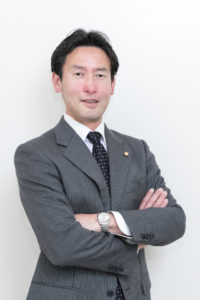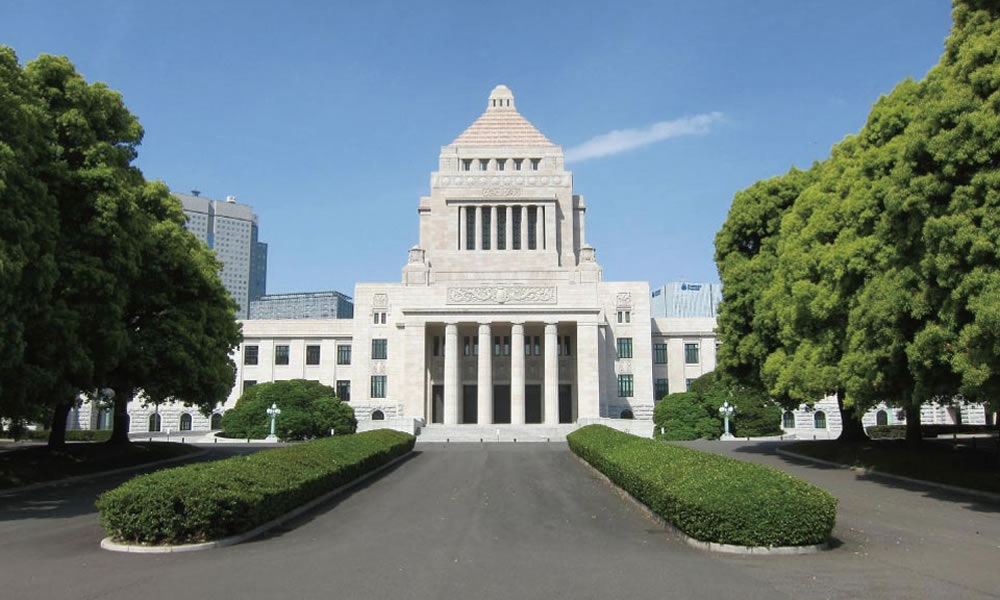The Japan Trademark Law Revision Act of 2018 (Act No. 33) passing congress on May 23, 2018, was promulgated on May 30 and becomes effective on June 9, 2018.
Revision act sets a high bar for requisite in dividing a trademark application under Article 10 (1) of the Trademark Law.
Article 10(1) of the Trademark Law – Dividing TM application
Dividing trademark application is beneficial to applicant who wants to maintain a prior-application right for every goods/services designated under initial application because division admits divided application to have retroactive effect as if it was filed on the same date with initial application.
Currently, applicant is allowed to divide trademark application as long as the application satisfies following requirements.
- Initial application is pending in examination, appeal, or re-examination (Parent application),
- Junior application (Child application) relates to the identical mark with Parent application,
- Child application designates goods/services within the scope of goods/services originally designated by Parent application, and
- Parent application deletes the divided goods/services from designation simultaneously at the time of filing Child application.
For your reference, old Article 10(1) provided that:
“An applicant for trademark registration may file one or more new applications with regard to part of an application which designates two or more goods or services as its designated goods or designated services, provided that the application for trademark registration is pending in examination, trial examination or retrial examination, or that a suit against a trial decision to refuse the application is pending in court.”
Additional requirement for divisional application
From June 9, 2018, in addition to the above, applicant is required to pay an official fee of Parent application.
Where applicant divides trademark application without paying official fee imposed on Parent application, the Japan Patent Office (JPO) does not allow retroactive effect to Child application. Namely, Child application is examined for registrability based on its actual filing date.
JPO decided to revise the article to prevent an entity with fraudulent intent from repeatedly dividing trademark application regardless of non-payment of official fee.
 Masaki MIKAMI, Attorney at IP Law – Founder of MARKS IP LAW FIRM
Masaki MIKAMI, Attorney at IP Law – Founder of MARKS IP LAW FIRM

